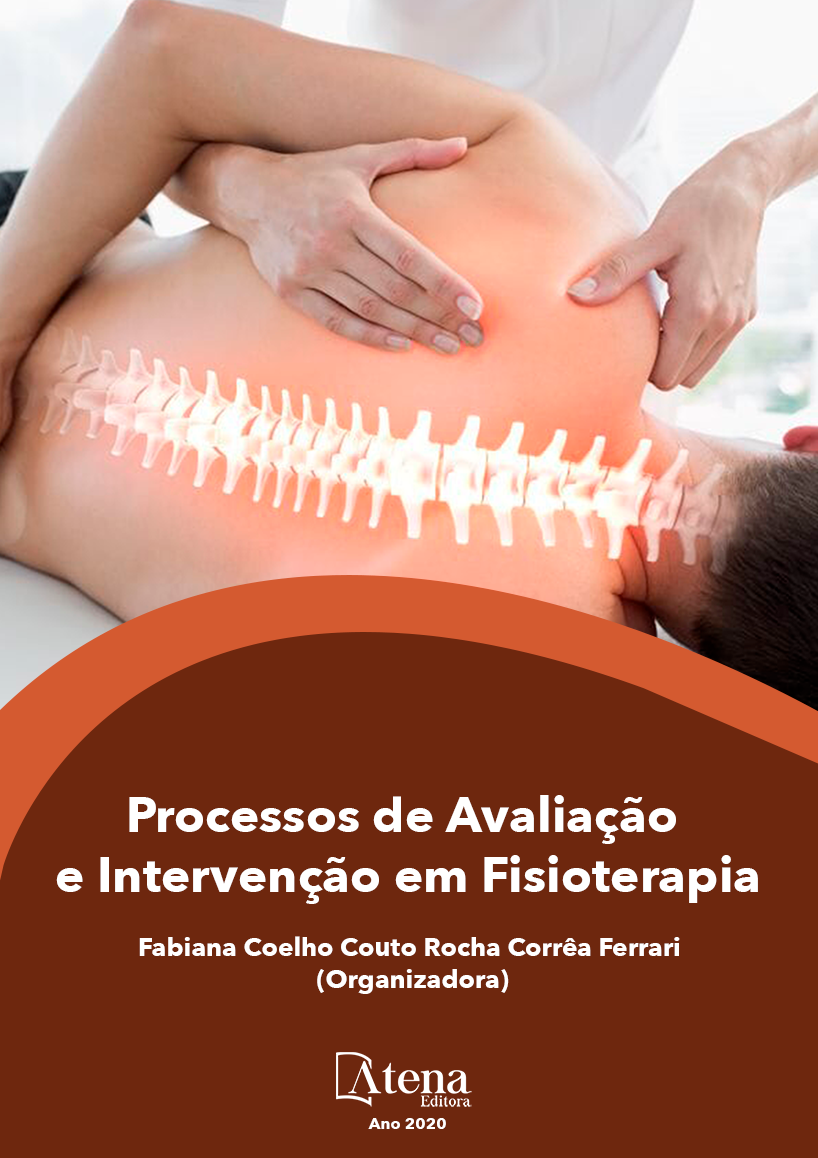
CONTRIBUIÇÕES DA TERAPIA OCUPACIONAL NO PROJETO CARDIO COMUNIDADE INTEGRATIVA – FASE IV – DA UNIVERSIDADE FEDERAL DE SANTA MARIA: AÇÃO ASSISTENCIAL NA REABILITAÇÃO CARDIOVASCULAR
As Doenças Cardiovasculares (DCV) se caracterizam por afetar os vasos sanguíneos e o coração. São responsáveis por mortes e incapacidades no mundo, dificultando a realização de atividades diárias (AVDs) e alterando o cotidiano do sujeito e sua família. O Terapeuta Ocupacional (TO) compõe as equipes de reabilitação cardíaca contribuindo junto aos pacientes, com ações no projeto CARDIO COMUNIDADE INTEGRATIVA FASE IV, buscando ressignificar a saúde na comunidade. O Objetivo é elaborar um programa Terapêutico Ocupacional de ação social/assistencial aos pacientes com DCV que já realizaram a fase III da reabilitação cardíaca no Hospital Universitário de Santa Maria (HUSM), que proporcione independência e autonomia nas AVDs e melhor qualidade de vida. É um projeto de extensão com caráter Assistencial à comunidade hospitalar da Universidade Federal de Santa Maria (UFSM) que atende 24 pacientes cardiopatas, que participaram da Fase III da reabilitação cardíaca no HUSM, conforme os pressupostos teóricos e diretrizes da Sociedade Brasileira de Cardiologia. Os instrumentos utilizados foram Anamnese, Mini Mental, Eco Mapa, WHOQOL-bref, Medida Canadense de Desempenho Ocupacional, Classificação Internacional da Funcionalidade, VES 13, Avaliação do Ambiente Domiciliar, Protocolo da Avaliação de Terapia Ocupacional e GDS-15 conforme necessidade individual. Entre os resultados temos o estímulo da equipe multidisciplinar em saúde pública, melhora nos aspectos físicos da qualidade de vida, amenização dos agravos nos aspectos psicológicos e nos aspectos ambientais do paciente com DCV, prevenção de fatores de risco, promoção de debates, ciclos de palestras, distribuição de folders e materiais explicativos sobre a importância da boa qualidade de vida. Conclui-se que a TO contribui na diminuição dos déficits funcionais e elevação de qualidade de vida nos aspetos físicos, psicológicos, reabilitação das moléstias cardíacas, relação social e meio ambiente dos pacientes da Reabilitação Cardiovascular – FASE IV.
CONTRIBUIÇÕES DA TERAPIA OCUPACIONAL NO PROJETO CARDIO COMUNIDADE INTEGRATIVA – FASE IV – DA UNIVERSIDADE FEDERAL DE SANTA MARIA: AÇÃO ASSISTENCIAL NA REABILITAÇÃO CARDIOVASCULAR
-
DOI: 10.22533/at.ed.62920260518
-
Palavras-chave: Terapia Ocupacional; Qualidade de vida; Assistência; Reabilitação Cardíaca; Equipe Multidisciplinar.
-
Keywords: Occupational therapy; Quality of life; Assistance; Cardiac Rehabilitation; Multidisciplinary Team.
-
Abstract:
Cardiovascular Diseases (CVD) are characterized by affecting blood vessels and the heart. They are responsible for deaths and disabilities in the world, making it difficult to perform daily activities (ADLs) and changing the daily life of the subject and his family. The Occupational Therapist (TO) composes the cardiac rehabilitation teams, contributing to the patients, with actions in the CARDIO COMMUNITY INTEGRATIVE PHASE IV project, seeking to reframe health in the community. The objective is to develop an Occupational Therapeutic program of social / assistance action for patients with CVD who have already undergone phase III cardiac rehabilitation at the University Hospital of Santa Maria (HUSM), which provides independence and autonomy in the ADLs and better quality of life. It is an extension project with an Assistance character to the hospital community of the Federal University of Santa Maria (UFSM) that attends 24 cardiac patients, who participated in Phase III of cardiac rehabilitation at HUSM, according to the theoretical assumptions and guidelines of the Brazilian Society of Cardiology. The instruments used were Anamnesis, Mini Mental, Eco Map, WHOQOL-bref, Canadian Measure of Occupational Performance, International Classification of Functionality, VES 13, Home Environment Assessment, Occupational Therapy Assessment Protocol and GDS-15 according to individual needs. Among the results we have the encouragement of the multidisciplinary team in public health, improvement in the physical aspects of quality of life, mitigation of the aggravations in the psychological aspects and in the environmental aspects of the patient with CVD, prevention of risk factors, promotion of debates, lecture cycles , distribution of folders and explanatory materials on the importance of good quality of life. It is concluded that OT contributes to the reduction of functional deficits and the increase in quality of life in physical, psychological aspects, rehabilitation of cardiac diseases, social relationship and the environment of patients in Cardiovascular Rehabilitation - PHASE IV.
-
Número de páginas: 14
- PAULA TANARA BOROSKI LUNARDI


